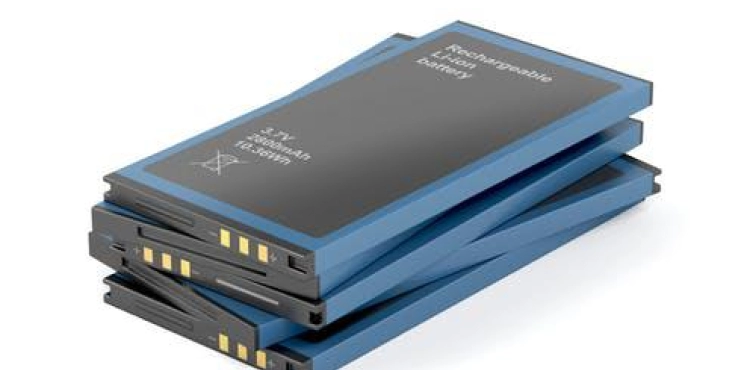Researchers at the University of California, San Diego, USA have developed a new technology to protect the lithium metal batteries used in electronic devices from ignition due to overheating, in the event of a short circuit inside the battery.
The technology website "Science Daily" stated that the study team made smart adjustments to a part of the battery known as the separator, and it acts as a barrier between the negative and positive poles inside the battery, so that the separator thanks to the new technology slows the flow of energy, and thus the heat, which They form inside the battery case when a short circuit occurs.
"We are not trying to prevent a battery failure, but we are trying to make the battery safer in case of any malfunction, so that the battery does not explode and cause a fire or explosion," said researcher Ping Liu, professor of engineering at the University of California San Diego.
Usually, lithium metal batteries are disrupted due to the occurrence of fine branching cracks in the positive electrodes due to overcharging.
When this short circuit occurs, the electrons between the two electrodes are pushed out of control, which may cause the explosion.
The research team says that the new technology they introduced to the separator inside the battery can slow this flow by wrapping the separator with a thin layer of carbon nanotubes that intercept any cracks, so that when the crack penetrates the part between the poles and the flow of electrons begins, it finds a path for it Inside these tubes, which leads to discharge and discharge instead of automatically flowing to the battery´s negative electrode, which may lead to overheating or ignition. "












